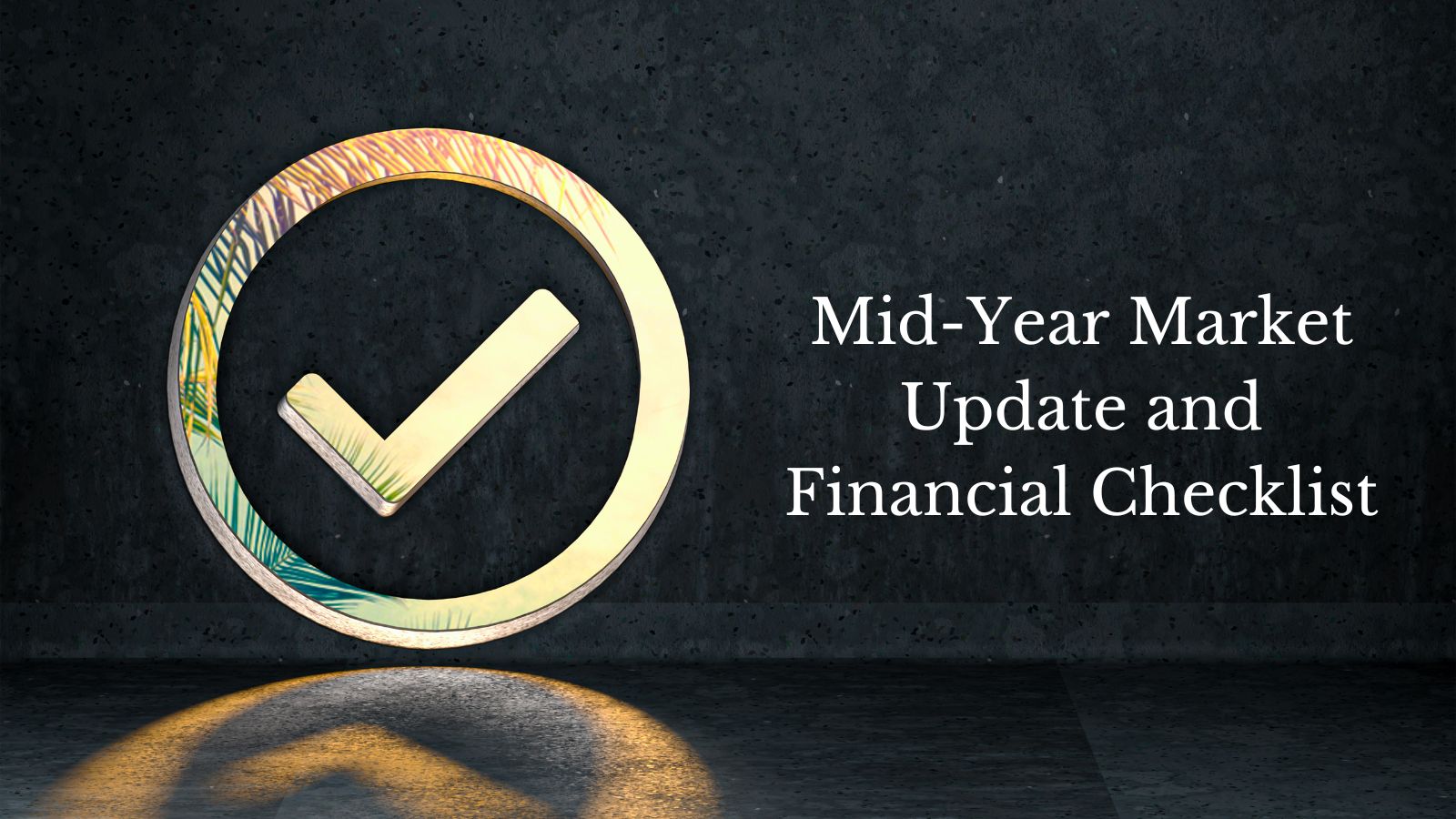
By Steven M. Rogé, MBA, CFP®, AIF®
Managing Director & Chief Investment Officer
One of the most frequent questions we get from our clients is whether they should lease or buy their next vehicle. It can quickly and decisively be answered with, “it depends.” There are several factors to consider prior to deciding on your next vehicle purchase. We also offer our clients a couple of helpful tips to make sure they get the best price possible the next time they walk into the dealership.
There seems to be two primary categories drivers fall into: either you enjoy driving in a vehicle with the latest technology and get bored of vehicles quickly, or you are a creature of habit and enjoy consistency, subsequently driving your vehicle into the ground. Either way, perhaps the most important question to ask is whether you enjoy getting a new vehicle every few years or not. If you like a change of scenery, consider leasing, otherwise opt to purchase your next vehicle.
The next important question is whether you drive a significant number of miles each year, and what is considered significant? If you drive more than 15,000 miles per year on average, you may want to avoid leasing. Leasing while driving a considerable number of miles puts extra wear and tear on the vehicle, and may put you over your lease limit resulting in extra fees. You may even need to replace your tires just before your lease is up, and nobody wants to buy brand-new tires for the next owner.
Business owners have a whole other set of items to consider, because they may be able to deduct certain leasing and operation costs associated with the business use of the vehicle. Do you ever wonder why a lot of business owners drive a pickup truck? When purchased, certain vehicles qualify for 100% first-year bonus depreciation if used for more than 50% for business.
Owing your vehicle does come with its advantages, some of which have become apparent during the current vehicle supply drought. Owing your vehicle gives you the flexibility to decide how long you want to own it. No vehicles available right now? No problem, just drive your vehicle longer, or place an order for a vehicle that may take a few months to arrive. You also don’t have to worry about reversing any modifications you may make to the vehicle.
The downside to ownership is the high cost of making a large down payment or paying cash for the vehicle. You may also run into an expired warranty on a purchased vehicle that is owned for a few years or driven a significant number of miles.
Leasing offers its own set of advantages such as a short-term commitment, ability to stay within your warranty coverage, and temporary use of a depreciating asset without paying for the whole vehicle. While you can purchase your vehicle at the end of your lease term, some states make this cost prohibitive. For example, Florida will make you re-negotiate the purchase of your leased vehicle, adding an additional mark-up expense. Other states allow you to work directly with the car manufacturer to purchase your leased vehicle at the depreciated value agreed upon when you first signed the agreement.
If you need a little extra guidance, download our complimentary “lease or buy” flowchart here.
If you are interested in learning more about how our team of knowledgeable CERTIFIED FINANCIAL PLANNERS™ (CFP®) can help you make important financial decisions, please contact us at 631.218.0077. We would be happy to go into further detail and answer any questions you may have.
R.W. Rogé & Company, Inc. is a fee-only financial planning and wealth management firm serving clients locally and virtually across the country, with Long Island, New York, Beverly, Massachusetts, and Naples, Florida office locations. We help clients Plan, Achieve, and Live® the life they want, as a fiduciary, since 1986. To learn more about how we do this, click here.



